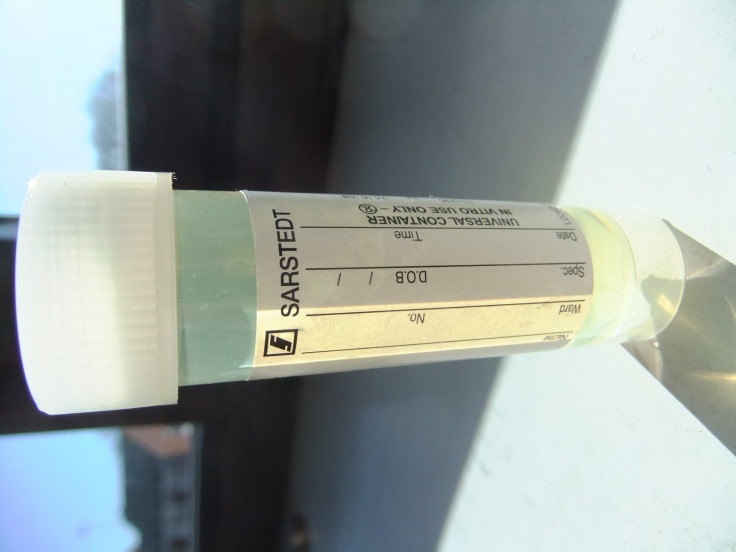Colorado State Toxicology Lab Ceases Blood-Alcohol Testing After Incompetence Reports; As Many As 800 Drunk Driving Cases To Be Re-Examined

Whether for employment or other legal reasons, a false positive on a drug test may send the wrongly accused into a nightmare of Kafkaesque dimensions — one the toxicologist insists is real, backed by "foolproof" testing.
In some cases, a poppy seed bagel has foiled the gas chromatography-mass spectrometry into thinking the subject has been popping pills, or injecting narcotics, following a spur-of-the-moment trip to Dunkin' Donuts for a "number three."
This week, Colorado's department of health and environment suspended blood tests for drug and alcohol at its state toxicology laboratory, sending the work to an independent laboratory pending an investigation into negligence that may affect hundreds of drunk driving cases. As many as 800 blood samples will be retested to confirm accuracy following a complaint from a former laboratory employee that spurred an investigation in March.
The subsequent investigation by the Mountain State Employees Council found laboratory toxicologists were not properly trained to conduct blood-alcohol tests, on which many drunk driving prosecutions rely, and that they weren't properly trained, in turn, to train new employees to conduct them. Moreover, the laboratory employees lacked adequate training to provide expert court testimony.
Blood samples were also not stored in a locked refrigerator prior to testing, as required by law.
But perhaps most troubling, investigators found a lack of clinical dispassion on the part of a supervisor, whom employees reported made statements favoring state prosecution, such as " I really stuck it to the defendant today" and "I'm sure he's going to jail."
Investigators found it "more than likely" that the unnamed supervisor made the comments to suggest bias against those who were tested by the laboratory. The supervisor also made "excessive accommodations for prosecutors and law enforcement agencies," resulting in a greater workload for laboratory technicians.
Described by state laboratory employees as a "bully," the supervisor resigned after the state issued the report, which also prompted the resignation of the state's chief medical officer, Dr. Chris Urbina.
Colorado authorities said the state laboratory will now be audited by the Association of Public Health Laboratories in addition to the retesting of blood samples by the independent laboratory.
"We will have an independent laboratory retest approximately 800 blood-alcohol samples to verify the state toxicology lab's blood-alcohol test results," Urbina told reporters in late June. "We take seriously the concerns from law enforcement, public defenders and the public — and this is the best way for us to verify the accuracy of testing at the toxicology lab."
Published by Medicaldaily.com



























